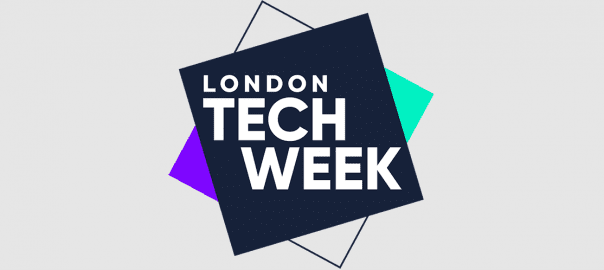June 12, 2023 /Technology/ — London Tech Week (LTW) is a global celebration of tech, uniting the most innovative thinkers and talent of tomorrow in a week-long festival. Showcasing how tech is transforming business and society, LTW drives thought provoking conversations around innovation, diversity and transformation, providing a platform for the tech ecosystem to come together to drive change.
LTW was founded in 2014 by Informa, a global events company, and London & Partners, the official promotional agency for London. The first LTW took place in September 2014 and featured over 100 events across the city. Since then, LTW has grown to become Europe’s largest festival of technology, attracting over 40,000 visitors from over 100 countries. Continue reading










